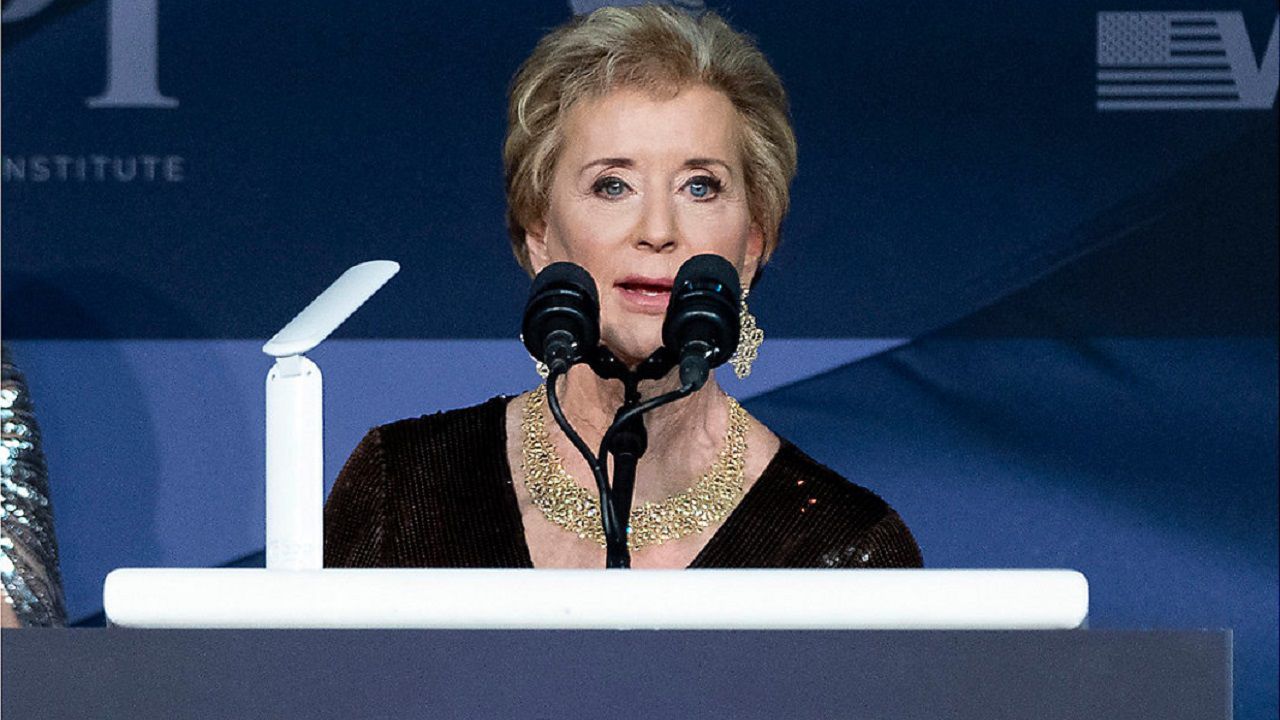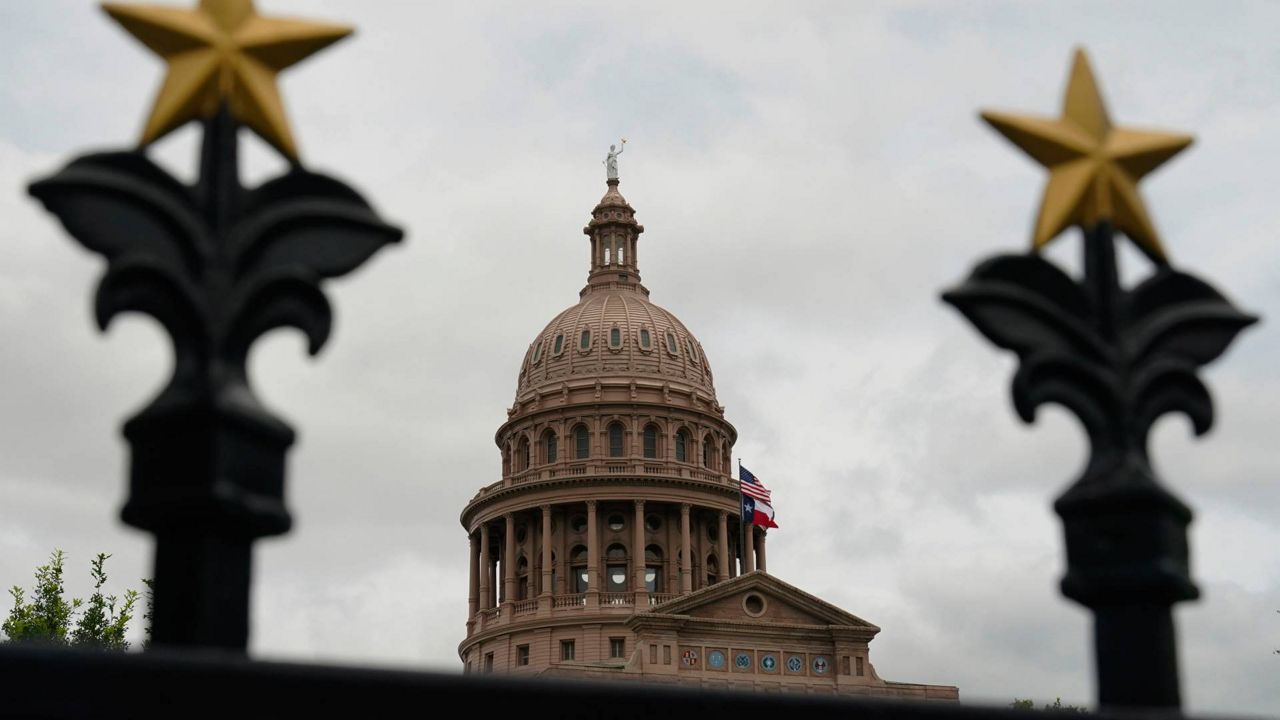AUSTIN, Texas — Lt. Gov. Dan Patrick has dropped the topics for his 30 priority bills this session, making good on his promises to back legislation that would stop local COVID-19 mandates, end tenure at universities and use surplus revenue to bump homestead exemptions from $40,000 to $70,000.
Every session, leaders in the state’s two legislative chambers will set aside early bill numbers for priority topics, both showing the importance of the topic at hand and guaranteeing those bills will get a hearing early in session, once they are referred to committees.
“This session I could have used 50 low bill numbers because there are so many issues that need to be addressed,” Patrick said in a statement he provided with the bill topics. “Just because a bill does not make the priority list does not mean it is not a priority for me or the Senate.”
The only bill the legislature must pass each session is the budget, plus some bills to continue state agencies that are under Sunset Commission review. To date, the 150 House members have filed 2,555 bills. The 31 Senators have filed 1,046 bills. Bill filing closes, for the most part, on March 10.
“We will pass over 600 bills this session,” Patrick said. “As I like to say, every bill is a priority to someone; otherwise, we would not pass it.”
Patrick’s priority bills, which will be carried by various Republican members of the Senate, break out into a handful of broad categories: property tax relief; further work on the Texas electric grid; public education and school choice; hot-button social issues; reining in local government control; and the expansion of funding for specific areas of the budget, such as additional mental health beds.
The only bill that has been filed, to date, is the Senate’s budget bill, which is Senate Bill 1.
Property tax relief will be addressed in the Senate in three bills: increasing the homestead exemption to $70,000 (Senate Bill 3); adding additional property tax relief (Senate Bill 4); and increasing the business personal property tax exemption (Senate Bill 5.)
Two bills will address the shortcomings of the Texas energy grid: adding new natural gas plants (Senate Bill 6) and continuing to improve the Texas grid (Senate Bill 7).
The major school choice bill for the session, which Patrick calls “empowering parental rights,” is Senate Bill 8. Patrick has proposed a teacher pay raise and a 13th check for retired teachers. Those two topics are in Senate Bill 9 and Senate Bill 10. Retired teachers are lobbying for a permanent cost-of-living adjustment, rather than a one-time check. Keeping schools safe will be the topic of Senate Bill 11.
Patrick also intends to address hot-button social issues: banning the exposure of children to drag shows (Senate Bill 12); removing so-called obscene books from libraries (Senate Bill 13); ending child gender modification, which was the subject of multiple special sessions in 2021 (Senate Bill 14); ending transgender participation in women’s college sports (Senate Bill 15); banning the teaching of critical race theory in higher education (Senate Bill 16); and banning diversity, equity and inclusion policies from higher education (Senate Bill 17).
Two additional higher education bills will tackle ending tenure at general academic institutions (Senate Bill 18) and creating a new higher education endowment for the state (Senate Bill 19).
Patrick also supports the removal of elected district attorneys (Senate Bill 20) and Texas judges who refuse to follow Texas law (Senate Bill 21), a reference to elected officials who have refused to enforce the specifics of the Texas ban on abortions. He also intends to stop cities and counties from enforcing local COVID-19 mandates (Senate Bill 29).
Additional funding in Patrick’s priority bills would assist rural law enforcement agencies to provide a pay increase (Senate Bill 22); creating new scholarships for registered nurses (Senate Bill 25); and expanding mental health care beds in the state, primarily in rural areas (Senate Bill 26); creating a new business specialty court (Senate Bill 27); and addressing Texas’ future water needs (Senate Bill 28.)
Other bills Patrick intends to file would create a mandatory 10-year prison sentence for criminals committing gun crimes (Senate Bill 23); make voter fraud a felony conviction, which would overturn changes made by the House last session (Senate Bill 2); and expand alternatives to abortion (Senate Bill 24).
The final bill, Senate Bill 30, is the supplemental budget, which is the bill that picks up the unpaid costs of the current biennium before starting the new budget.









